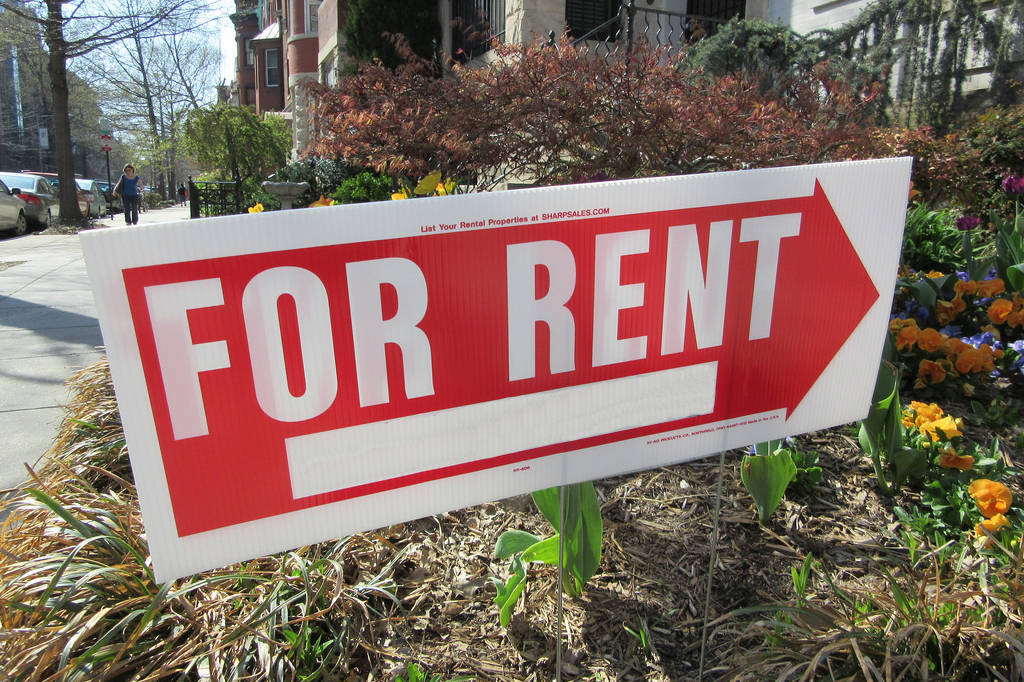After passing their own tax for affordable housing last fall instead of opting to direct their funding to King County, the cities of North Bend and Snoqualmie are starting from scratch as they decide how to spend their money.
In 2015, the Washington state Legislature created a one-tenth of 1% sales tax that had to be used for affordable housing or behavioral health services. In the 2020 session, the law was modified to allow counties and cities to collect the tax instead. If King County had approved the tax by Sept. 30, 2020, it would have received all the money to address homelessness.
The county would have garnered $68 million a year, but the county missed that deadline, and several cities across King County passed their own ordinances opting out of the county’s plan — and taking some $17 million a year with them. This concerned homelessness advocates at the time, who questioned whether the relatively small amounts that these cities were reserving would be enough to meaningfully address the crisis.
North Bend’s tax is expected to bring in $300,000 annually, and Snoqualmie is expecting around $250,000 each year. Passing the tax at a city level means the money stays under local control. Under state law, 60% of the funds must be used to support new or existing affordable housing or behavioral health services for people earning at or below 60% of the area-median income. The rest of the money can go to support the infrastructure for these investments.
So far, both cities are still trying to figure out what to do with the funds.
During a Feb. 23 North Bend City Council work study meeting, council members discussed how to use the funds. The council decided to form a task force to look at where the need is in the city and benefits of different ways to spend it.
However, as of May 17, a North Bend spokesperson said the task force had not been created.
“We will be preparing a housing needs study first, which will require state funding to conduct,” the statement reads. “We will be accumulating the sales tax revenue until a time when it has been determined the most optimal way to put this new tax revenue to work to serve those in need in our community. We anticipate a needs study can be prepared next year.”
In Snoqualmie, the city is moving faster. They are talking with service providers to identify the need in the community, and creating a list of short-term and long-term goals. Snoqualmie Community Development Director Mark Hofman said short-term goals include providing rental assistance and homelessness services and potentially partnering with Snoqualmie Valley Shelter Services. It is also considering providing rental assistance through Helping Hands under a separate funding source.
Snoqualmie City Council member Katherine Ross said as a council, they’re looking to provide immediate relief for residents through rental assistance and homelessness services. Snoqualmie is also looking at surplus property that can be provided to nonprofit housing developers like Habitat for Humanity.
The plan was discussed at a May 17 community development committee meeting. The city is considering reimbursing Snoqualmie Valley Shelter Services some $54,400 for their remodeling of the Post 79 American Legion Hall, which the CARES Act didn’t cover.
Even as both cities figure out their next steps, King County is already purchasing hotels to provide housing for the homeless. PubliCola reported that the county would purchase the Inn at Queen Anne, which has operated as a temporary shelter since April 2020. The 80-room hotel will cost $16.5 million, and will be funded by the same tax. The county also plans on purchasing several more properties across the county in coming weeks.


